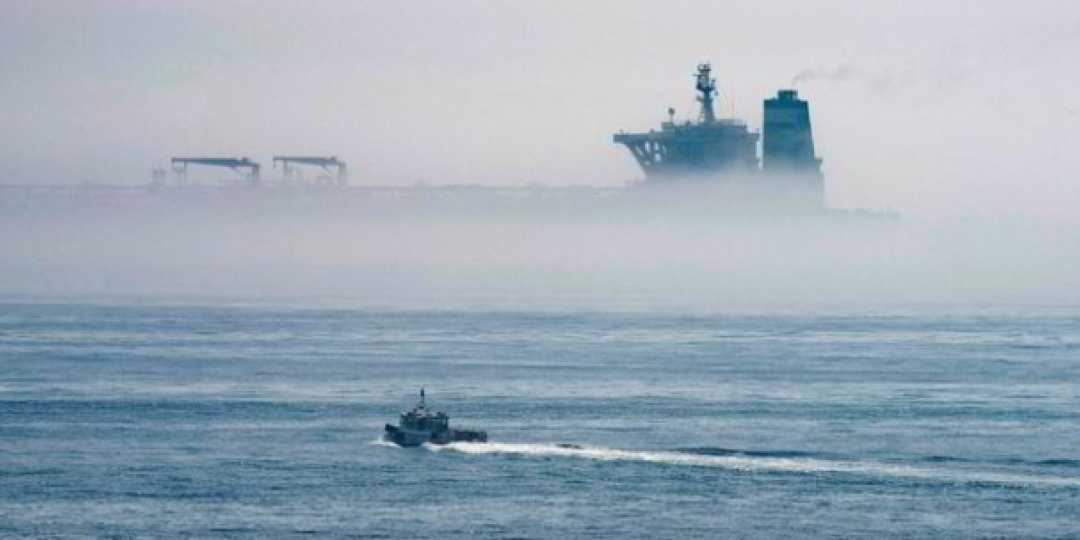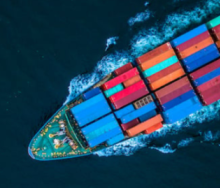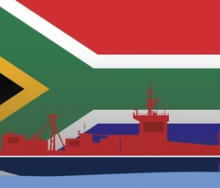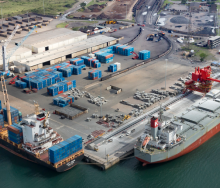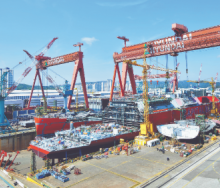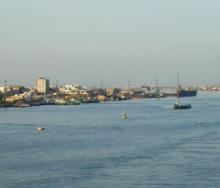The expanding "dark fleet" of sanctions-evading tankers serving Russia are posing a risk to the safety of navigation and the marine environment, the International Union of Marine Insurers (IUMI) has warned.
This comes after tanker operators have been selling older vessels to clandestine new businesses started up in jurisdiction like the UAE and India after Russia’s war on Ukraine led to sanctions against the government of Vladimir Putin.
The vessels have been reflagged and classed by second-tier class societies that do not belong to the International Association of Classification Societies (IACS), in order to transport commodities beyond the reach of sanctions enforcement authorities.
The movements of shadowy vessels began to emerge after the US imposed restrictions on oil imports from Iran in 1979 and Venezuela in 2005.
However, in recent years dark fleet movements have grown rapidly on the back of the latest Western country oil sanctions against Russia’s crude oil exports.
Clandestine operators have paid high sums to buy these older tonnage vessels, developing a 600-strong fleet of under-regulated vessels that to some extent fly beneath the radar, and which according to IUIM have operating practices unaligned with industry standards.
Some of these vessels display signs of poor maintenance, have skipped inspections and operate with their AIS (Automatic Identification System) transponders switched off, heightening the risk of a spill or collision.
Many vessels are also insufficiently insured posing financial risk in the event of a casualty.
IUIM said accidents involving the dark fleet have already occurred, and if a multi-vessel casualty occurs the impact on insurers is uncertain.
However, there could be problems identifying responsibility for wreck removal, paying for pollution response and victims’ compensation.
IUMI’s Ocean Hull Committee chairperson, Ilias Tsakiris said there had been eight incidents involving sanctioned oil tankers reported in 2022, including the destructive explosion of the aframax tanker Pablo which caught fire in Malaysian waters in May.
The incident left three crew members missing.
“Because this ship was part of the 600-strong dark fleet, salvors were not able to board.
“Fortunately, there was no other vessel involved but had this been a collision, or a ship-to-ship transfer, it would have been a completely different story.
“As it stands, the burnt-out wreck remains at anchor, and the owners are impossible to contact, leaving the authorities with a significant headache,” Tsakiris said.
